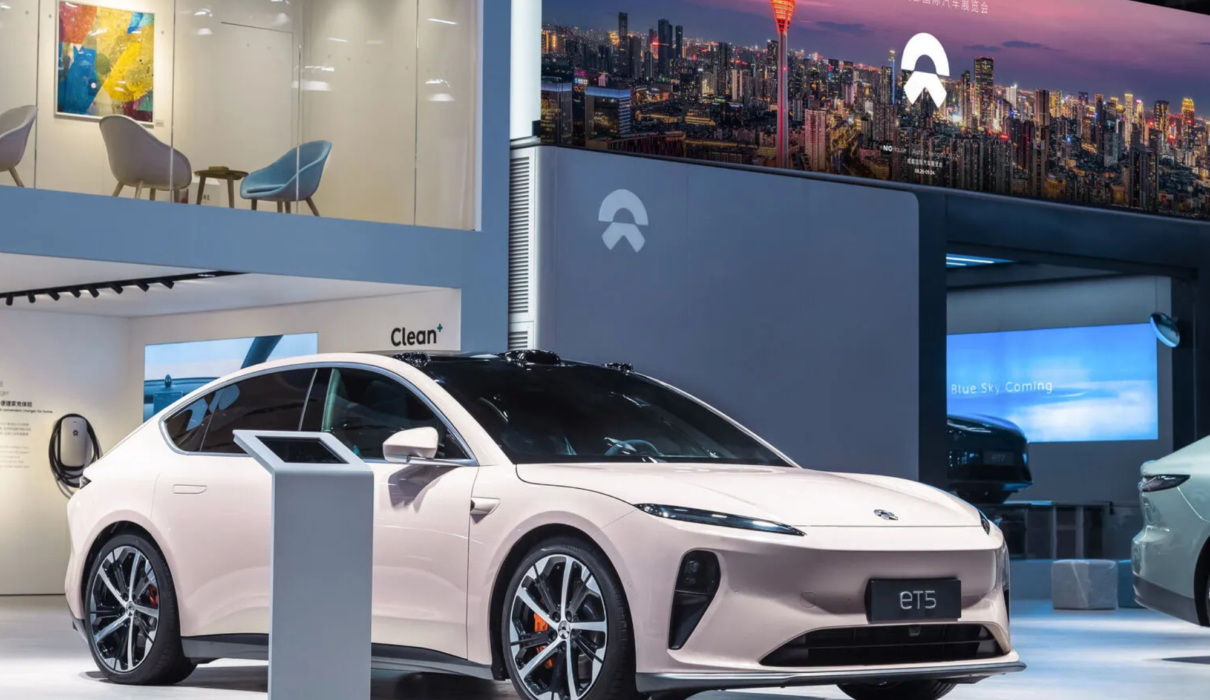The electric vehicle sector in China is entering a transformative phase. The recent aggressive pricing tactics adopted by top EV manufacturers like XPeng, BYD, NIO, and Xiaomi are not just short-term sales gimmicks—they’re strategic moves in a long-term play for market supremacy, technology leadership, and investor trust.
Strategic Price Cuts: A Calculated Gamble
XPeng’s 34,611 deliveries in June, a 224% YoY jump, reflect a significant shift in momentum. Backed by its flying car ambitions and XNGP autonomous suite, XPeng is aligning growth with innovation. Zeekr and NIO followed suit, despite internal cost challenges, reducing prices on high-end models to reposition brand equity in a crowded field.
BYD, now delivering over 377,000 units monthly, has firmly overtaken Tesla in China. Its willingness to slash prices—up to 34%—appears aimed at clearing inventory and maintaining production efficiency. However, BYD’s executives, including Stella Li, have warned that this trend is “not sustainable”, hinting at potential pricing corrections by Q4 2025.
Xiaomi: From Smartphones to SUVs
Xiaomi’s YU7 made a dramatic debut, racking up 289,000 orders within the first hour, signaling a major shakeup in the EV landscape. A tech-first entrant, Xiaomi is leveraging brand loyalty, smart home ecosystems, and a vast online fanbase. However, with delivery timelines stretching past 60 weeks, the risk of reputational damage is real. Refund backlash over non-returnable deposits may signal growing pains for Xiaomi’s automotive arm.
Tesla’s Response: Wait and Innovate
Tesla, which reported declining China output through June 2025, seems to be waiting out the frenzy. Rather than joining the discount race, it’s banking on the upcoming Robotaxi Day in August, where it plans to showcase next-gen autonomous capabilities. Investor sentiment is divided—while some praise Tesla’s pricing discipline, others fear it’s losing critical market share in China’s booming EV sector.
Market Implications for Investors
- Profit Compression: Gross margins will likely take a hit across the board. NIO, which reported rising sales but lower margins, exemplifies the risk.
- Regulatory Intervention: China’s auto association is calling for restraint, signaling possible state-imposed price stabilization mechanisms.
- M&A Potential: Analysts speculate that consolidation is likely in H2 2025, especially among startups lacking the capital to endure pricing pressure.

